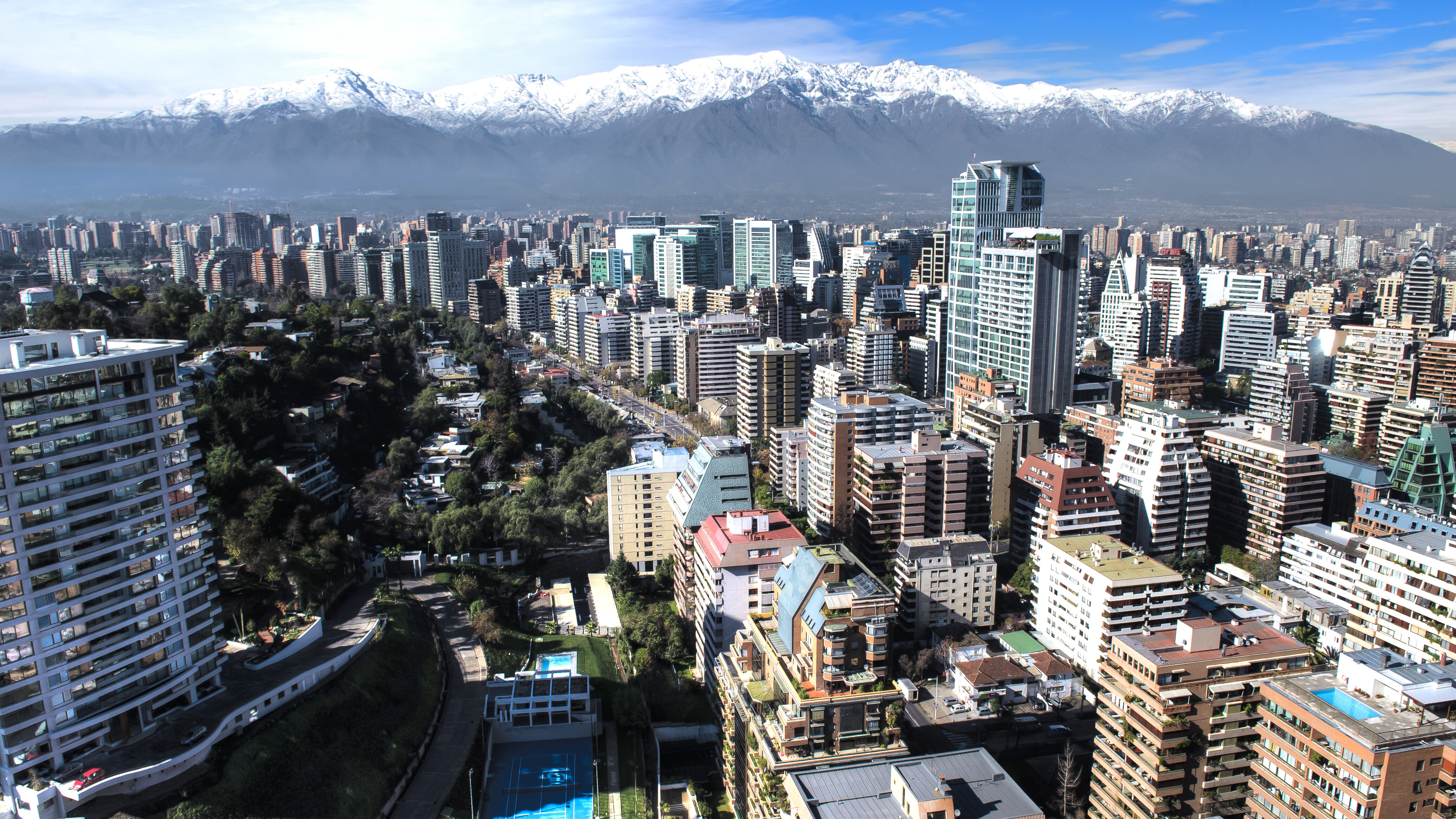Tough Start to Bachelet's Return
Chilean president Michele Bachelet has a tough job already. But two serious natural disasters at the beginning of her second spell in office could make it even more challenging. LatAm INVESTOR investigates...

Black swans
Michelle Bachelet, Chile’s first woman president in 2006, was sworn in for a second time following her election victory last year. She has come to power looking to implement a host of far-reaching reforms. But her start, to what most analysts expect to be a challenging presidency, has been rocked by several unexpected events. First serious, 8.2 magnitude earthquake rocked Chile's northern regions and evoked memories of the terrible quake of 2010. Then, just weeks after, a series of wildfires devastated the port area of Valparaiso and left thousands homeless. So far the government's response to both disasters has been commendable. Yet natural disasters like these are a distraction from what is already a very ambitious government programme.
Ambitious reforms
For more than a decade Chile’s sound macroeconomic policies and fast-growing economy has made it a haven for Western investors active in Latin America. But this impressive growth hasn’t taken everyone with it. While the amount of people living in poverty has fallen to 15% of the population from 45%, inequality has remained. Indeed, despite its wealth Chile remains one of the region’s most unequal places and has the highest levels of inequality in the OECD. Unsurprisingly this has become a bone of contention for local voters who elected Bachelet on a reform programme that promises to tackle this inequality. One of the biggest problem areas is Chile’s education system. The country has good universities, but they are private and out of the reach of all but the very rich. Bachelet has promised to overhaul the education system by pumping money into schools and university – and this is where investors get involved.

Bachelet is planning to raise around 2% of GDP-worth of extra taxes and, unsurprisingly, foreign corporations are in the firing line. Corporation tax for all firms will be raised from 20% to 25% over a four-year period, while international firms are set to lose the ‘ten-year tax freeze’ that they have enjoyed since 1974. Non-fiscal measures could also affect investment. The labour force will be strengthened by new rules that will prevent employers to bring in new workers during strikes. Meanwhile the mining sector, which has already seen projects delayed by protests, may be worried by Bachelet’s pledge to strengthen environmental regulations. Of course there have been many recent examples – think Humala in Peru or Lula in Brazil – where socialist presidents have toned down their campaign rhetoric once they reach office. Yet that looks unlikely to happen this time. In late March, only two weeks into her the new presidency, more than 25,000 protestors marched in the capital Santiago, to remind Bachelet of her promises.
All in all it promises to be an interesting few years for the country that has epitomised steady growth for so long. Bachelet’s reforms are just and improvements in the education system would deliver economic benefits in the long-term. Yet with the price of Chile’s main export, copper, falling, and mining output being hit by ageing mines the extra demands on industry could be poorly timed. Watch this space.
You can read more on Chile in the latest edition of LatAm INVESTOR’s quarterly magazine. To download the e-version for free and sign up to receive subsequent print editions for FREE click here